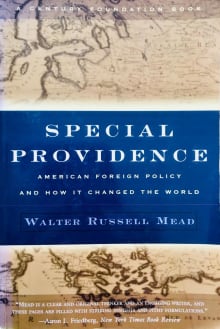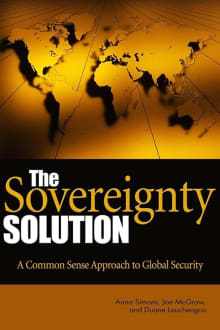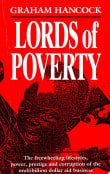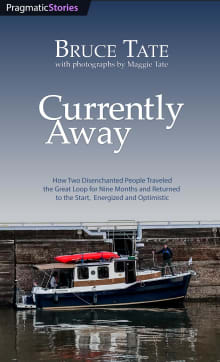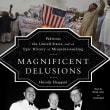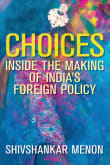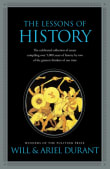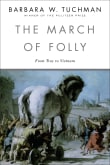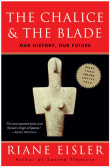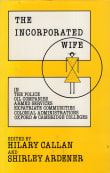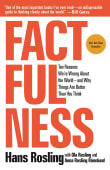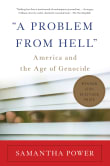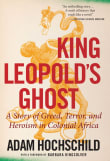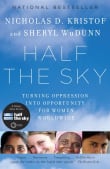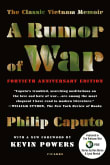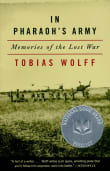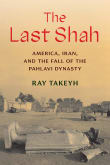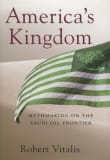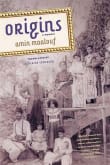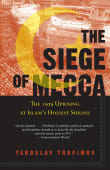
Why did I love this book?
Yes, this is the same Graham Hancock who now writes contrarian archeological tomes. I conducted some of my PhD fieldwork in the same area of Somalia that he visited as a reporter, and I was there not long after he was in the 1980s.
This was the first book I came across that explained why almost every development project I’d encountered when traveling around Africa seemed to be such a waste, or worse. Next to no one at the time was reporting on the corruption generated by ‘development’ or the extent to which aid was an industry. Hancock nailed it.
2 authors picked Lords of Poverty as one of their favorite books, and they share why you should read it.
Each year some sixty billion dollars are spent on foreign aid throughout the world. Whether in donations to charities such as Save the Children, Oxfam, CARE, UNICEF, or the Red Cross, in the form of enormous loans from the World Bank, or as direct payments from one government to another, the money is earmarked for the needy, for relief in natural disasters—floods or famines, earthquakes, or droughts—and for assistance in the development of nations.
The magnitude of generosity from the world’s wealthy nations suggests the possibility of easing, if not eliminating, hunger, misery, and poverty; in truth, however, only a…




